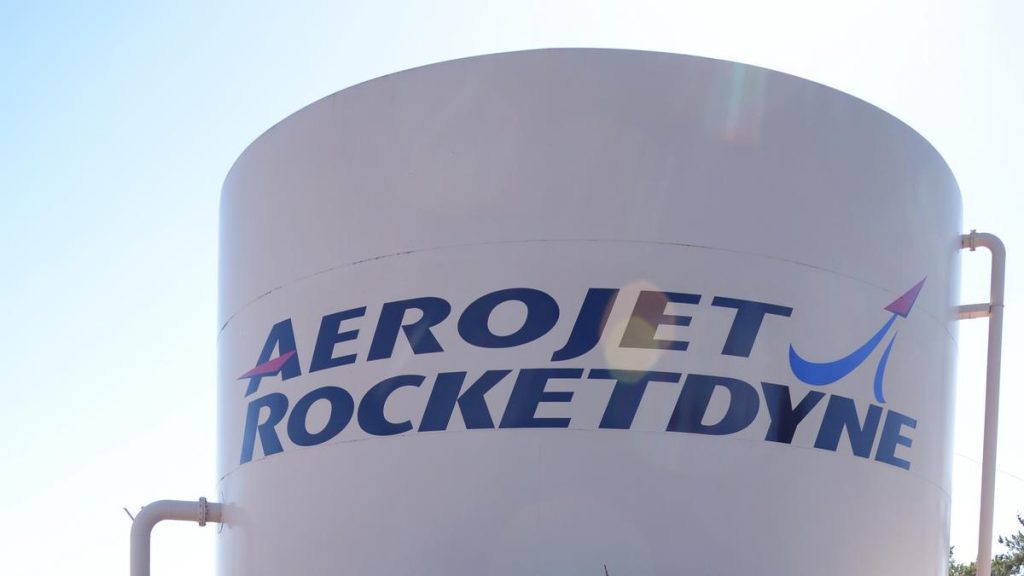The US Federal Trade Commission (FTC) has filed a lawsuit to stop the pending acquisition of Aerojet Rocketdyne and aerospace titan Lockheed Martin. The proposed deal is worth $4.4 billion in cash and debt. Still, the US Trade Representative contends that the combination of the two companies would give Lockheed Martin leverage it could use “to harm rival defence contractors and further consolidate multiple markets critical to national security and defence.”
Aerojet Rocketdyne provides critical systems to various defence contractors, such as rocket and missile engines. It has the expertise and scale to act as a subcontractor specifically in propulsion system components aimed at missile and hypersonic cruise missile production. In addition, according to the FTC lawsuit, Aerojet is “the only proven U.S. supplier” of control systems for another crucial area of defence: vehicles designed to intercept and kill enemy missiles.

The FTC is worried that Lockheed’s acquisition of Aerojet will decrease competition in the supply chain for essential defence components and that the supplier will have access to information that Lockheed may have a motive to exploit unfairly once the deal is sealed.
As a subcontractor, Aerojet also has had access to prime contractors’ sensitive information about technological advancements, cost, schedule, and business strategies. The complaint alleges that post-acquisition, Lockheed would have an incentive to exploit its access to its rivals’ proprietary information to gain an advantage in competitions against them.

Aerojet also had access to sensitive information concerning technological advancements, pricing, scheduling, and business strategies as a subcontractor. According to the lawsuit, after the purchase, Lockheed would have an incentive to use its access to its competitors’ confidential secrets to obtain an edge against them.
While the new FTC looks to be more ready to intervene in significant pending technology deals, this appears to be a one-of-a-kind issue. The US is concerned that a merger here would jeopardise its capacity to design the most effective defence plan imaginable.

Aerojet Rocketdyne is also a significant player in the space industry, providing rocket engines for ULA and NASA’s Space Launch System (SLS). While other firms, like SpaceX, control their own propulsion system design and delivery, Blue Origin has lately enhanced their competitiveness in that market.
Overall, businesses should not be afraid that this would stifle M&A activity; it’s a substantial purchase for a company with a particular role in the military industry, and it’s unlikely to have broader consequences for smaller firms.


